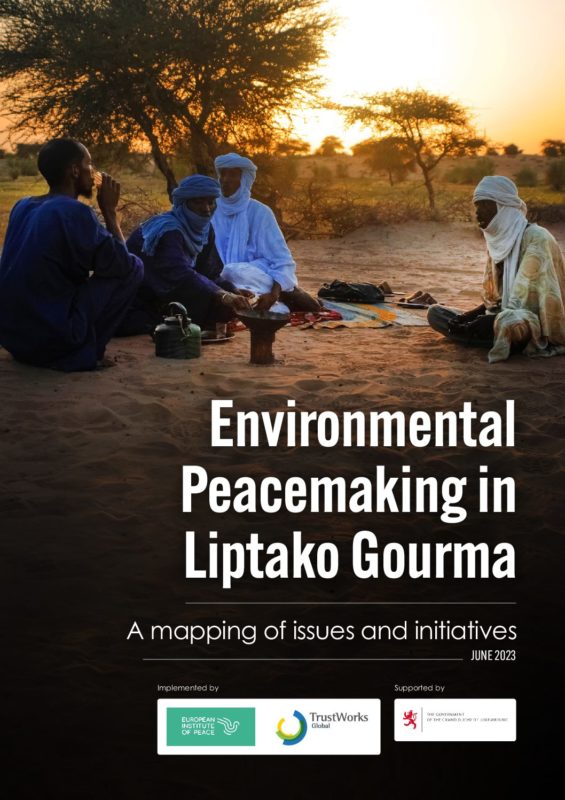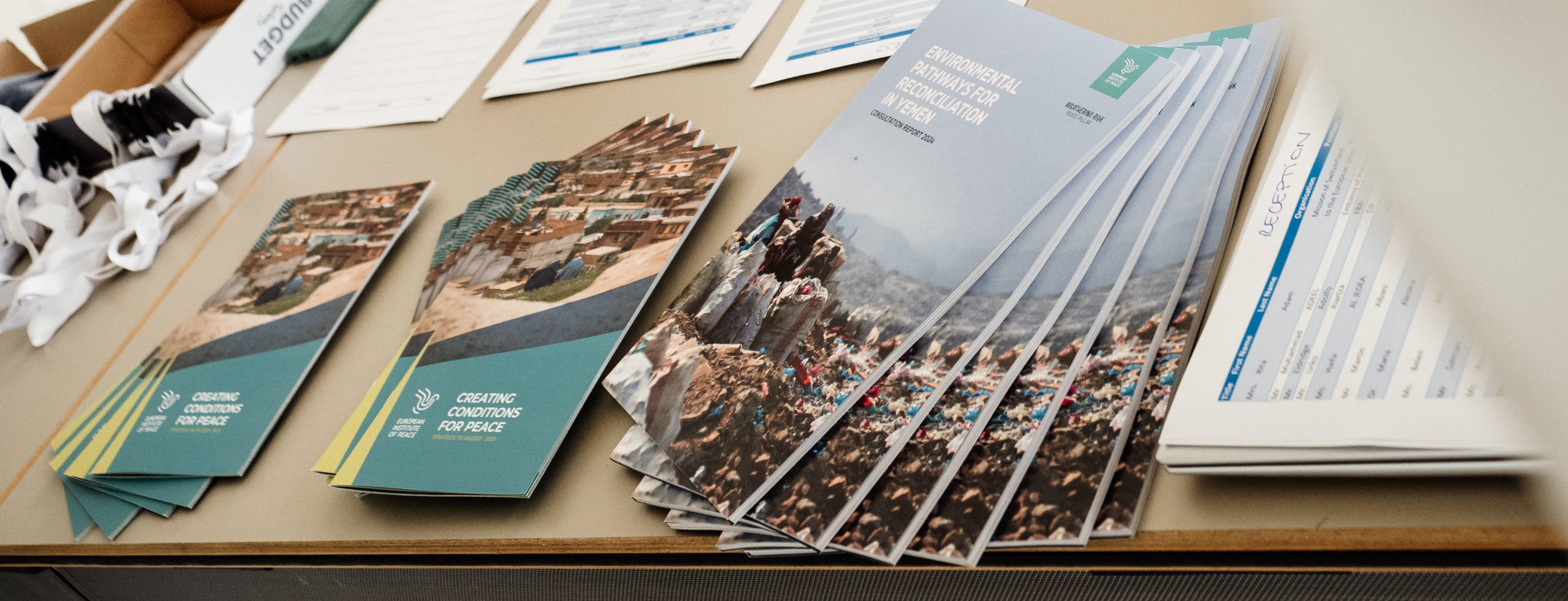Environmental Peacemaking in Liptako Gourma

The extended period of violent conflict experienced in the tri-border region of Liptako Gourma is the result of complex political, economic, environmental, and security governance crises. Since 2015, violence has spread from northern Mali into Burkina Faso and Niger, and, more recently, to the coastal countries that share close ties with the Southern Sahel.
Years of land clearing and unsustainable farming practices led to widespread desertification across the Liptako Gourma region, which is also highly vulnerable and exposed to climate change, with temperatures rising to 1.5 times faster than the global average.
Despite the environmental dimension of these intertwined crises, the response to this violence by national governments and the international community has often focused on short-term militarised counter-terrorism approaches. Thus, neglecting the fact that the deep-rooted insecurity in the region is the result of poor governance, increasing climatic variability, demographic pressures, and competition over scarce natural resources.
The environmental peacemaking approach seeks to pursue more effective reconciliation by addressing these root causes, namely, the core climate, environmental, and natural resource drivers of conflict. It uses them as entry points to encourage resolution, deliver a more sustainable peace, and create mechanisms for future collaboration.
This report is the result of the first phase of the project “Environmental Peacemaking in Liptako Gourma,” co-implemented by the European Institute of Peace (EIP) and TrustWorks Global (TWG), with the support of the Directorate of Defence of the Grand Duchy of Luxembourg.
This mapping report elaborates on the environmental root causes conflicts in the Liptako Gourma Region, maps out initiatives that integrate environmental and peacemaking, and discusses local peace and environmental agreements. The report draws upon in-person consultations conducted in Bamako, Ouagadougou, and Niamey between March and June 2022, a literature review, and two regional workshops held in Niamey in December 2022 and May 2023.
The findings of the report suggest a need to complement existing initiatives with mediation tools and expertise in environmental and natural resources governance. Climate adaptation, environmental protection, and equitable sharing and sustainable management of land and other natural resources are essential and long-term conditions for sustained peace. More needs to be done to engage new and powerful actors in ways that support local solutions, contribute to identifying peace dividends, and design investments that can sustain agreements.

